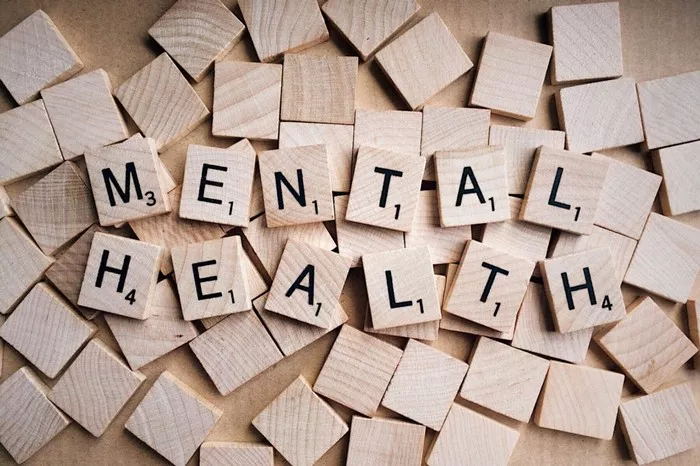The mental health of mothers in the United States has significantly worsened in recent years, according to a comprehensive new study published Tuesday in JAMA Internal Medicine. The analysis, based on data from nearly 200,000 mothers, highlights a steep drop in maternal well-being between 2016 and 2023.
Researchers found a marked decline in the number of mothers who rated their mental health as “excellent,” while the proportion reporting fair or poor mental health rose considerably. The most significant increases in poor mental health were noted among single mothers and those whose children were either uninsured or relied on Medicaid.
The findings emerge amid growing national concern about the pressures of parenting and historically low birthrates. While the Trump administration considers initiatives to promote marriage and childbearing, experts point to the mounting psychological burden faced by American parents. In a 2023 advisory, then-Surgeon General Dr. Vivek H. Murthy warned that many parents were feeling “exhausted, burned out, and perpetually behind.”
The new study was prompted in part by that advisory. Researchers examined responses from the National Survey of Children’s Health, a yearly assessment of households with children up to 17 years old. In 2016, approximately one in 20 mothers rated their mental health as poor or fair. By 2023, that figure had climbed to one in 12. For comparison, one in 22 fathers surveyed in 2023 reported similar levels of mental distress.
Although the study does not follow individuals over time, and relies on self-reported data, its cross-sectional findings align with long-standing concerns raised by mental health professionals. Experts say these numbers reflect a trend they have observed in clinical settings for years.
“This confirms what we’ve been seeing,” said Dr. Tamar Gur, director of the Soter Women’s Health Research Program at Ohio State University, who was not involved in the research. “For the patients I treat, this kind of data is invaluable. I can point to it and say, ‘You are not alone. This is a national issue.’”
Economic and Social Pressures Fueling Decline
Though the study did not seek to identify specific causes behind the decline in maternal mental health, its authors suggest several contributing factors. Jamie Daw, assistant professor of health policy and management at Columbia University’s Mailman School of Public Health, said the challenges extend beyond the pandemic.
“While the COVID-19 pandemic certainly accelerated the mental health crisis, the downward trend was already in motion before 2020,” Daw explained.
She and other experts cite long-standing stressors such as rising housing and child care costs, inflation, and stagnant wages. These financial pressures, they argue, create chronic stress for mothers, particularly those in lower-income households. Additionally, women continue to bear a disproportionate share of domestic responsibilities and lack access to robust paid parental leave policies, compounding the psychological toll.
The pandemic, though not the sole cause, intensified existing vulnerabilities. “People became incredibly isolated,” said Dr. Catherine Birndorf, founder of the Motherhood Center of New York. “Now that we’re on the other side of it, many mothers are asking, ‘Where is my support system?’”
Mental Health Care Access Remains Limited
Experts emphasize that the mental health crisis among mothers is not solely due to personal struggles—it is also deeply rooted in systemic barriers. The United States has long faced a shortage of licensed therapists, and cost remains a significant obstacle for many families seeking care. Even when services are available, finding time for therapy while managing household duties and employment can be daunting for mothers.
“Mental health care in America is still largely inaccessible to those who need it most,” said Dr. Crystal Schiller, director of the Center for Women’s Mood Disorders at the University of North Carolina at Chapel Hill. “The pandemic created a perfect storm. The emotional fallout never really subsided because access to care didn’t improve.”
Schiller noted that the dual demands of caregiving and employment make it particularly difficult for mothers to prioritize their mental well-being. Many sacrifice their own health to maintain stability for their families, often without support from their communities or policymakers.
Signs of Growing Openness About Mental Health
Despite the concerning statistics, the study does offer a silver lining: a cultural shift toward more openness around maternal mental health. Experts believe the rise in reported distress may reflect not only a genuine increase in suffering but also a growing willingness among mothers to speak out.
“There’s been a noticeable change in how people talk about their experiences,” said Dr. Birndorf. “It’s becoming more acceptable to admit you’re struggling.”
Social media, support groups, and increased public discourse have helped reduce the stigma surrounding mental health. Many mothers now feel more comfortable discussing emotional challenges with friends, family members, and health care professionals.
This newfound visibility, experts say, is crucial to creating lasting change. While awareness alone is not enough to solve the crisis, it is an essential first step in advocating for better policies, increased mental health funding, and more accessible care.
Policy Change and Continued Research Needed
As researchers and clinicians digest the study’s findings, calls for policy reform are growing louder. Advocates urge lawmakers to prioritize investments in maternal mental health, including expanding access to affordable care, enacting paid leave legislation, and supporting working families.
“The data are clear. We’re witnessing a national emergency in maternal mental health,” said Daw. “Addressing this requires not just individual resilience, but systemic change.”
Future studies will need to track trends over time and examine the long-term impact of declining mental health on children, families, and communities. But for now, the message is urgent: American mothers are struggling, and they need more than recognition—they need support.
Related Topics

































